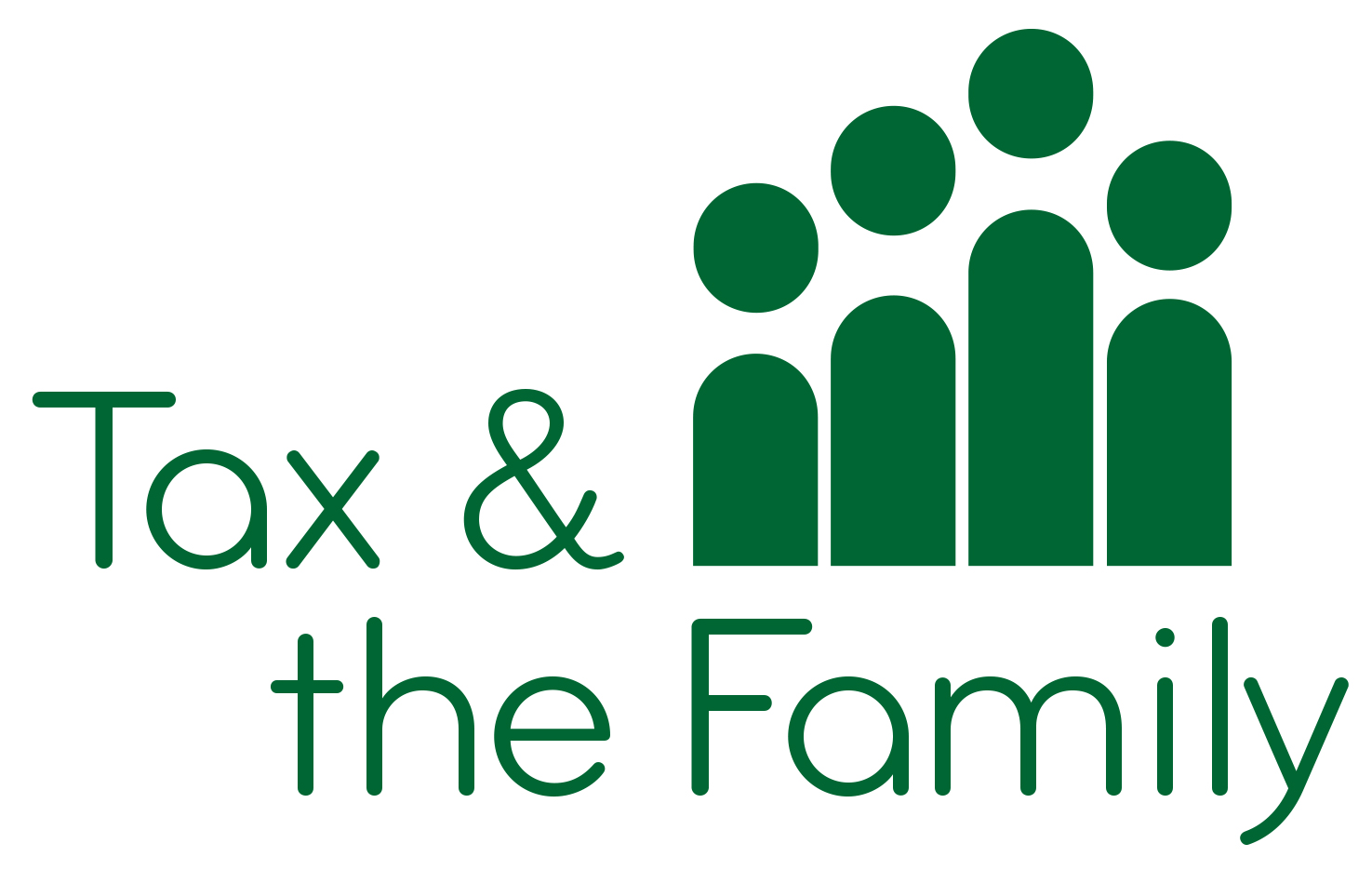Resources
Tax Tables
Tax tables developed by Tax and the Family enable users to model the impact of income tax and benefits on family finances. The tables for the tax year 2023/24 do not take account of the cut in national insurance which takes effect from 6 January 2024.
This important resource enables us all to have an informed debate about tax and benefit polices.
The Institute for Fiscal Studies published in 2016 a useful overview of the whole of the tax system and in particular of income tax. Access the file here:
https://www.ifs.org.uk/bns/bn09.pdf
For historical information about rates of tax and allowances see the IFS website Fiscal Facts: Tax and Benefits
How Much Money Families Need to Have an Acceptable Minimum Standard of Living
The Joseph Rowntree Foundation publishes each year estimates of the income different households need to have what members of the public think people need for an acceptable minimum standard of living.
Draper and Beighton calculated from this data that in 2013 a one-earner couple with three children needed a gross income of £45,281 to have a “minimum acceptable standard of living” whereas a single adult with no children needed only £16,582. To see the latest (2017) figures click on the link below:
https://www.jrf.org.uk/report/minimum-income-standard-uk-2017
Couple Penalty
The majority of people in the UK would receive more financial support from the state if they were single (or told the authorities they were single) than if they were married or part of a cohabiting couple, according to new research, Couple Penalties and Premiums in the UK Tax and Benefit System, published in 2010 from the Institute for Fiscal Studies and funded by the Nuffield Foundation. This report confirmed the conclusions of an earlier report by Draper (see report page).
To download IFS press notice click on link below:
https://www.ifs.org.uk/pr/couple_penalty0410.pdf
International Comparisons
To see reports for earlier years use link below:
https://www.care.org.uk/our-causes/marriage-and-family/family-and-tax/resources
Importance of the Family
Mothers at Home – mothersathomematter.co.uk
MAHM exists to represent families where the children are cared for at home by a parent, as well as families who would like to choose to care for their children themselves, but find the barriers are too great. The organisation has three core aims:
To promote understanding of children’s developmental needs, focusing on maternal care, the importance of family time and a loving home environment
To campaign for changes in the tax and benefits system to allow mothers and fathers to allocate more time to family-based care at key stages of the family life cycle. We are particularly concerned about penalties faced by families who dedicate time to caring.
To enhance the status and self-esteem of mothers at home by encouraging and celebrating motherhood.
Who Cares for the Family? Cambridge University Press Journal of Social Policy
https://doi.org/10.1017/S0047279400007893
Hilary Land, published online: 01 January 2009
Although Britain has never had a set of policies explicitly labelled ‘family policies’, most if not all social policies are implicitly family policies because they are based on certain assumptions about the nature of relationships between the sexes and the generations. By careful examination of the detail of the legislation and administrative rules, together with the way in which services are allocated and used, it is possible to expose these assumptions and show that they are not only consistent between policies but very persistent over time. This paper first examines the assumptions concerning the division of unpaid labour within the family whereby women care for the young, the sick and the old and for able-bodied adult men (their husbands). The examples are selected from a variety of income maintenance systems and services for children, the old and the disabled. Particular attention is focused on the extent to which it is recognized that women are at the same time workers in the labour market and unpaid domestic workers in the home. The second part of the paper analyses the impact on their participation and opportunities in the labour market of the ideology which accords to women the primary responsibilities for caring for other members of their family. The perpetuation of such an ideology favours the interests of men and frequently the interests of the economically powerful, but it is not assumed that these interests always coincide.

